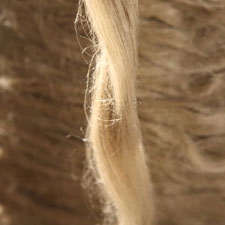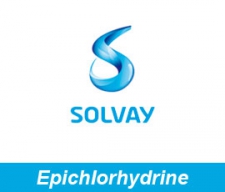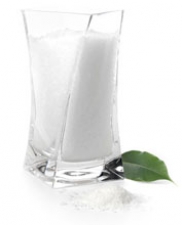
Plastics / Composites / Rubber
Chemical intermediates for production of polymers (building block, reaction component)
Additives for plastic formulation (dye, plasticizer, etc..)
Resins, compounds
Reinforcements (load, technical fabric, etc.)
You are here
-

Dibutyl sebacate
Arkema
Dibutyl sebacate is mainly used as a cold resistant plasticizer for synthetic resins and rubbers and as a plasticizer in packaging in food contact.Last update 15/05/2014 -

Hackled, Combed, Cottonized Flax
Procotex Corporation SA
Hackling sliver: for finer spinning numbers (from 32 nm to 100 nm).
Carded and combed tops: for spinning, composite, insulation, paper industry
Cottonized flax: for spinning, insulation, paperLast update 04/01/2014 -

Epichlorohydrin (via EPICEROL process)
Solvay
80% of epichlorhydrin is used in epoxy resins ( coating, paints, adhesives, composite polymers)
20 % are used to produce floculating agents, wet paper strength reinforcement, non-flammable polymers.Last update 20/08/2013 -

Lactide (PLA monomer)
Corbion Purac
L-Lactide and D-Lactide monomers for PLA PURALACT L® and PURALACT D® are Corbion Purac’s monomers for the bioplastics industry. Lactides are dimers of Lactic Acid and so called building blocks for polymers and the production of other chemicals.Last update 11/09/2014 -

Dimethyl sebacate
Arkema
Dimethyl sebacate is a product of vegetal origin, processed from castor oil. It can be used an intermediate to produce light stabilizers, a plasticizer, softening agent and solvent for cellulosic resins, synthetic resins and rubbers.Last update 15/05/2014

